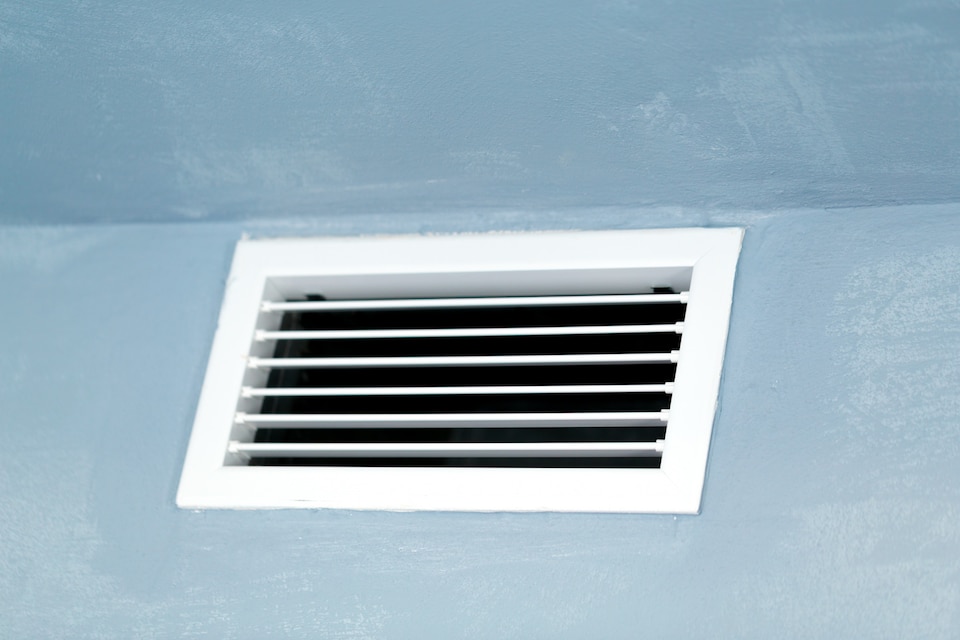Your thermostat plays a crucial role in maintaining the comfort and efficiency of your home’s heating and cooling systems. When it malfunctions, it can lead to a range of problems that can affect your home’s temperature and increase energy costs. Recognizing the warning signs that your thermostat needs replacement can help you address issues before they become more serious.
Inconsistent Temperature Readings
One of the first signs that your thermostat may need replacement is inconsistent temperature readings. If you notice that some rooms in your home are significantly warmer or cooler than others, the thermostat may not be accurately sensing the indoor temperature. This inconsistency can disrupt the comfort of your living environment.
Several factors can cause inaccurate temperature readings. Dirt and dust buildup inside the thermostat can interfere with its sensors, or the device might have internal wiring issues. If the thermostat is in a location where it receives direct sunlight or is near heat-producing appliances, it may give false temperature readings.
Inconsistent readings can also lead to uneven heating or cooling, putting extra strain on your HVAC system. This additional workload can decrease the system’s efficiency and potentially lead to higher energy bills and the need for more frequent repairs. Regular maintenance and repositioning of the thermostat can sometimes resolve these issues, but persistent problems usually indicate it’s time for a thermostat replacement.
Frequent HVAC Cycling
Another common warning sign that your thermostat needs replacement is frequent HVAC cycling. If your heating or cooling system turns on and off more often than usual, it could indicate a problem with the thermostat. This constant cycling is not only disruptive but also stressful for your HVAC system.
Frequent cycling can occur for various reasons. One possibility is that the thermostat’s wiring has become corroded or damaged, leading to short cycling. Another reason could be that the thermostat’s internal components are malfunctioning, causing it to miscommunicate with your HVAC system.
In addition to causing wear and tear, frequent cycling increases energy consumption. The HVAC system has to use more power to start and stop multiple times, leading to higher energy bills. If you observe your system cycling more often than normal, consider seeking help from our professionals for a thorough inspection. Prompt diagnosis and thermostat replacement can prevent further damage and ensure your home’s comfort.
Unresponsive Thermostat Controls
Unresponsive thermostat controls are another clear sign that you might need a thermostat replacement. If you find that pressing buttons or adjusting the settings doesn’t change the temperature or mode, the thermostat may be malfunctioning. An unresponsive thermostat can create significant discomfort in your home because you cannot control the indoor environment effectively.
Various reasons can cause unresponsive controls. The internal circuitry might be damaged, or the thermostat’s software could be outdated or corrupted. Sometimes, the issue may be due to a depleted battery, which, once replaced, can temporarily fix the problem. However, if the issue persists even after changing the battery, it’s a strong indicator that a replacement is needed.
To diagnose the problem, you can try resetting the thermostat. Turn off the HVAC system, disconnect the power source, and remove the thermostat’s faceplate. Inspect for any loose or corroded wires and reattach the faceplate. If the thermostat remains unresponsive despite these efforts, it’s time to contact our professionals for a thorough evaluation and potential replacement.
Unusually High Energy Bills
Unusually high energy bills can be a subtle yet significant sign that you need a thermostat replacement. If you notice a sudden spike in your monthly energy costs without a change in your usage patterns, the thermostat may be the culprit. An inefficient or defective thermostat can cause the HVAC system to work harder, leading to increased energy consumption.
Several factors can contribute to this issue. The thermostat may be reading temperatures incorrectly, causing the system to run longer than necessary. Faulty wiring or internal components can also lead to erratic behavior, forcing the HVAC system to operate inefficiently. You may also find that the thermostat is stuck in one mode, such as heating or cooling, which can dramatically increase energy consumption.
To address this, first ensure there are no other explanations for the high energy bills, such as seasonal changes or increased household activity. If everything else checks out, it’s wise to examine the thermostat. Inefficient operation not only costs you more money but also places unnecessary stress on your HVAC system. Replacing the thermostat can resolve these issues, leading to more efficient energy use and lower bills.
Conclusion
Identifying and addressing the warning signs that your thermostat needs immediate replacement is essential for maintaining a comfortable and energy-efficient home. Whether you are dealing with inconsistent temperature readings, frequent HVAC cycling, unresponsive controls, or unusually high energy bills, these issues can all point to a malfunctioning thermostat.
Ignoring these signs can lead to more serious and costly problems down the line. Regularly monitoring your thermostat’s performance and seeking a professional evaluation when needed can help you avoid unnecessary stress and expense. A well-functioning thermostat ensures that your HVAC system operates efficiently, providing consistent comfort without straining your finances.
When you notice any of these warning signs, it’s crucial to act swiftly. Contact One Hour Heating & Air Conditioning for a thorough inspection and professional thermostat replacement in Sachse, TX, and surrounding areas. Our experts are here to ensure your home’s heating and cooling systems are running at their best, keeping you comfortable year-round. Get in touch with us today for expert service and peace of mind.











